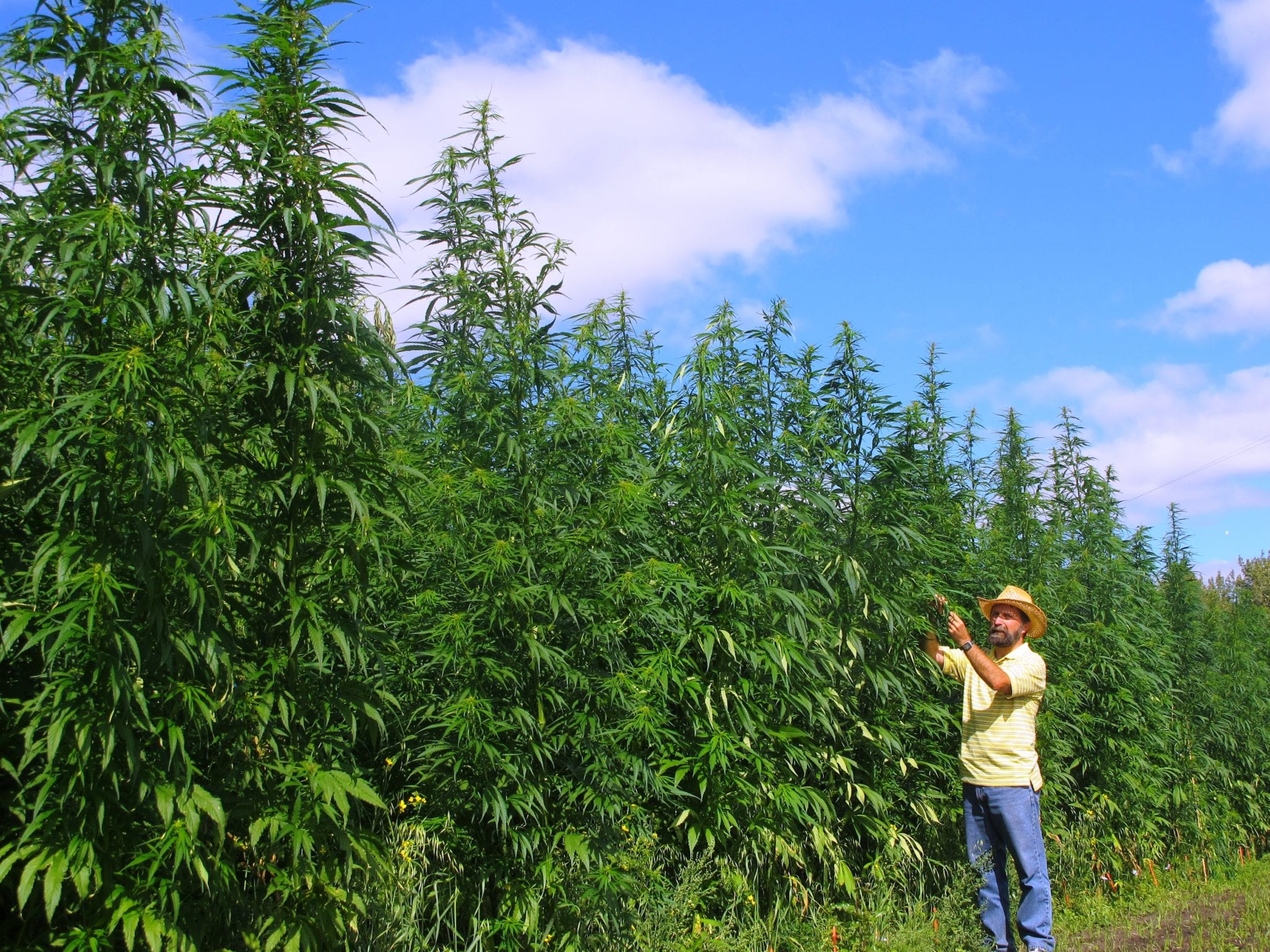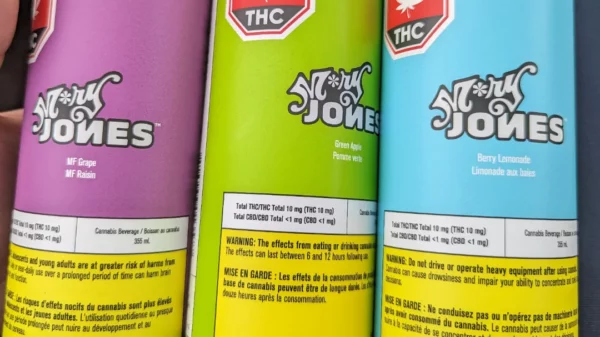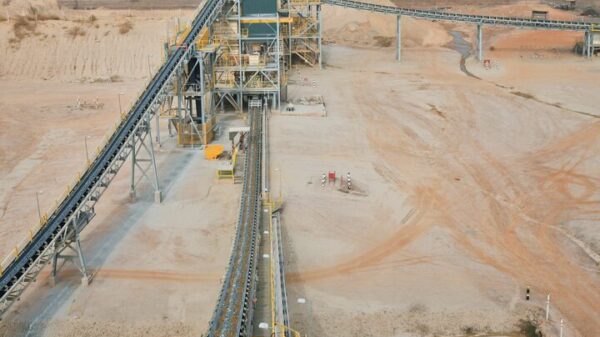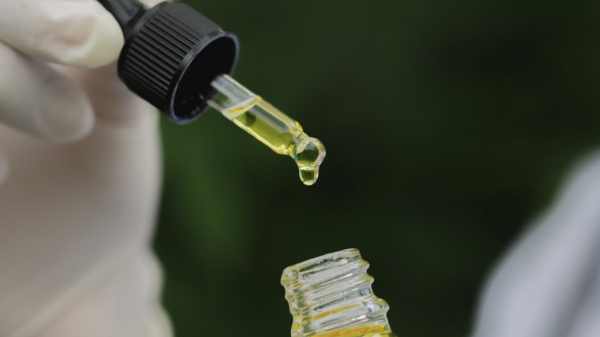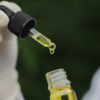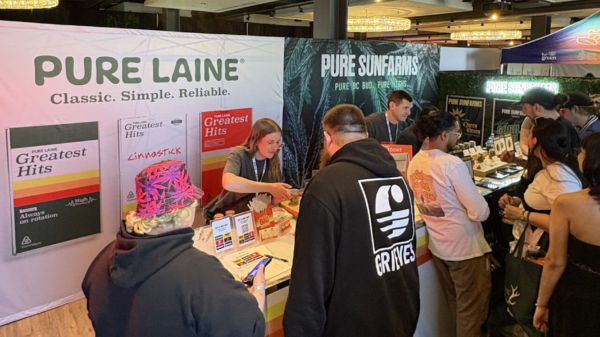Canadian hemp groups say if Ottawa loosens regulations on CBD products it could transform the marketplace for the vaunted wellness extract and help spark sales of industrial hemp to $1 billion by 2023.
Currently, hemp industry and health food groups have teamed up to pressure the federal government to change regulations to treat CBD like a health and wellness product instead of a drug.
“New regulations will in turn help with our industry’s goal of a seven times increase in size from 2017,” said Ted Haney, executive director of the Canadian Hemp Trade Alliance (CHTA), in a phone interview with Mugglehead.
Haney estimates of the 80,000 acres of industrial hemp grown in Canada in 2018 only 20,000 were used to produce CBD, the non-psychoactive compound that is surging in popularity as a health supplement.
But with regulation changes and growing demand for hemp products like CBD extracts, Haney expects by 2023 there will be 450,000 acres of industrial hemp in Canada with $1 billion in total sales—a sharp increase from $140 million in sales in 2018.
Haney said the hemp industry is calling on Ottawa to remove CBD from the prescription drug list and add it to the list of natural health products allowed to be sold.

Canadian Hemp Trade Alliance executive director Ted Haney says changes to federal regulations on CBD will help the hemp industry catapult to $1 billion in sales by 2023. (Photo courtesy of CHTA)
The legal status on CBD is complicated. The CBD that’s derived from hemp is more cost-effective than from cannabis, but currently farmers cannot harvest the compound themselves and must send it to licensed cannabis producers to be extracted. It then can only be sold in oil-form.
When Ottawa released the Cannabis Act, Haney said the industry was surprised that CBD was treated the same as THC and cannabis, and could only be sold in legal recreational stores or through licensed producers.
But Haney said it’s time to fix the regulations so CBD from hemp can reach consumers in all types of retail stores in Canada while including labels with suitable wellness and therapeutic claims and appropriate dosage recommendations.
“We want to see the venues change—whether its London Drugs or Walmart or your local health food shop,” Haney said. “We want to open up the regulatory pathways for open retail for supplemented food and natural health and beauty products in Canada.”
Emerging evidence: CBD is safe and effective
The hemp industry argues that CBD, or cannabidiol, doesn’t produce a high and there is emerging evidence to support its health claims and potential therapeutic uses.
“The World Health Organization (WHO) has done a really good job in tracking and reporting on confirmed therapeutic uses for CBD and apparent uses based on informal and early research around the world,” Haney said.
The WHO has stated CBD is safe to use, non-addictive, and proven to treat forms of epilepsy along with preliminary evidence to treat various conditions from cancer to Parkinson’s disease.
Asked whether regulators will make changes to CBD restrictions in time for the edible market to be legal in October, Haney said it’s “pretty tight,” but he is confident the federal government will change polices because it’s a rational step for the industry as a whole.
Canadian pot retailers have been struggling to keep CBD extracts on store shelves, showing the feverish demand for the touted wellness product.
CBD hype has reached new heights over the last year and analysts predict it will be a $16 billion market by 2025 in the U.S.
And U.S. competition is ramping up with the farm bill opening up its hemp industry for rapid growth. Haney said another step needed in Canada to keep up and meet growing CBD demand is to increase the number of hemp seed genetics allowed.

A hemp field awaits harvest in Vegreville, Alberta. (Photo courtesy of CHTA)
Seed breeders aim for higher CBD content
Today, Canada has 52 approved hemp cultivars, but since most of the last 20 years the legal hemp industry focused on the plant’s grains for food products, they only contain one per cent or less CBD by volume, Haney said.
But through regulation adjustments the number of cultivars will increase in the next two to five years as seed breeders develop new cultivars with goals of higher CBD content up toward the six to 10 per cent level.
“That by itself will be a 10 to 20 times increase in CBD production even with the same acres just by having concentration of CBD produced in the flowers and the leaves,” Haney said.
Big cannabis companies are also bullish once regulations change the hemp-based CBD market has the potential to explode.
“When that happens, we have multiple agreements and geographic areas locked-up, and processing methods ready to go,” said Canopy Growth Corp. CEO Bruce Linton in the Financial Post.
Canopy acquired assets and a hemp farm from a company called Green Hemp Industries Ltd. in 2017 and began developing a hemp-cultivation facility at a different site in Saskatchewan in early 2018.
For now though the industry is waiting on the federal government, which some analysts say moves too slow for industry to thrive.
“Regulations are slow to change, we have a heavy handed bureaucracy,” said Jason Zandberg, a cannabis analyst at PI Financial.
Zandberg said because of federal delays, Canadians are turning to the black market for CBD products.
And Haney said a flourishing illegal market is another reason for improved regulations to address the safety concerns with unregulated products that may contain THC or no CBD at all.
Haney is optimistic policy changes will eventually come. But meanwhile he said the industry is chugging along in 2019 and projects will be a record year with up to 150,000 total acres.
“We are absolutely confident that more supply is coming online because the Canadian hemp trade is starting to pay more attention to delivering product to licensed cannabis processors in volume and quantity to allow a significant overall increase in CBD supply over the next two years,” Haney said.

